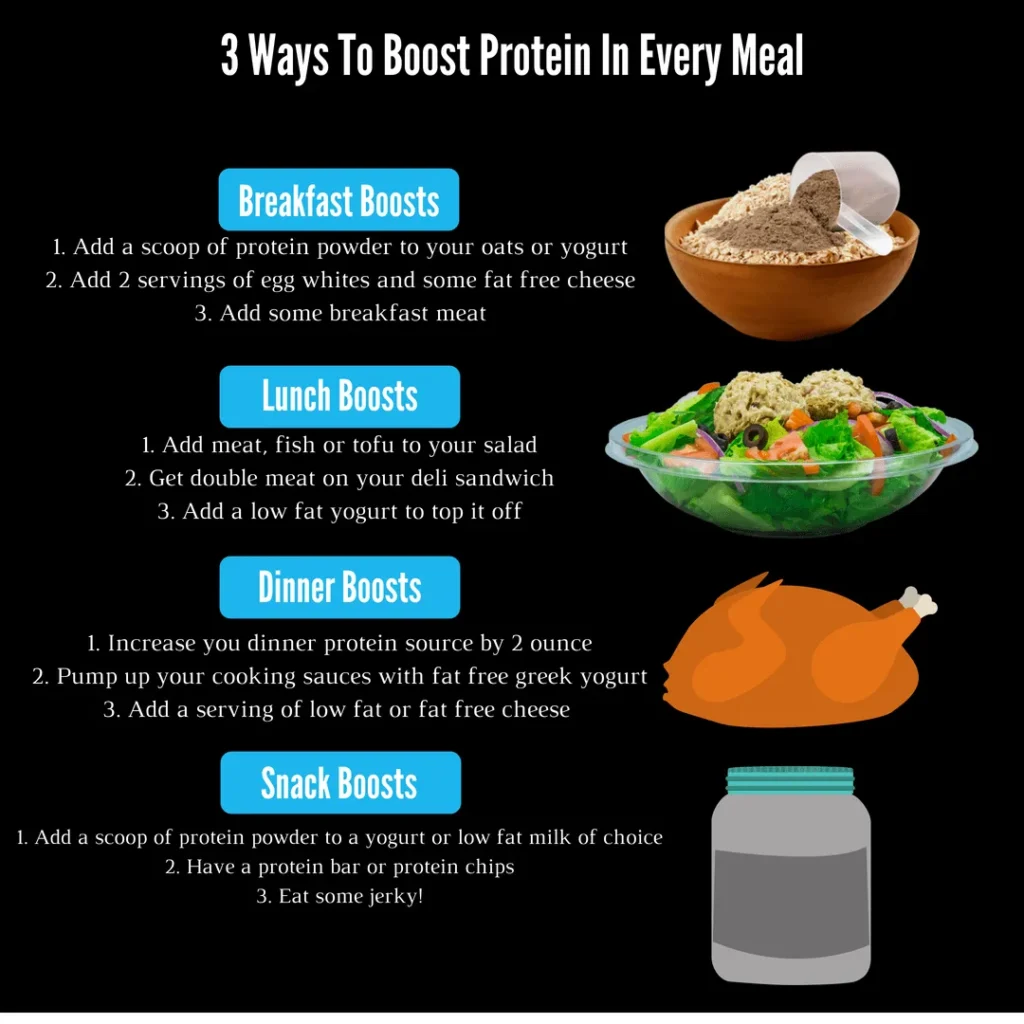
What happens if you eat too much protein but not enough calories? It’s an intriguing question, especially if you’re navigating the world of diet, fitness, and nutrition. While protein is essential for muscle repair and growth, fueling your body with the right balance of nutrients is critical for overall health. Let’s break down what happens when you tilt the scale too far towards protein while minimizing calorie intake.
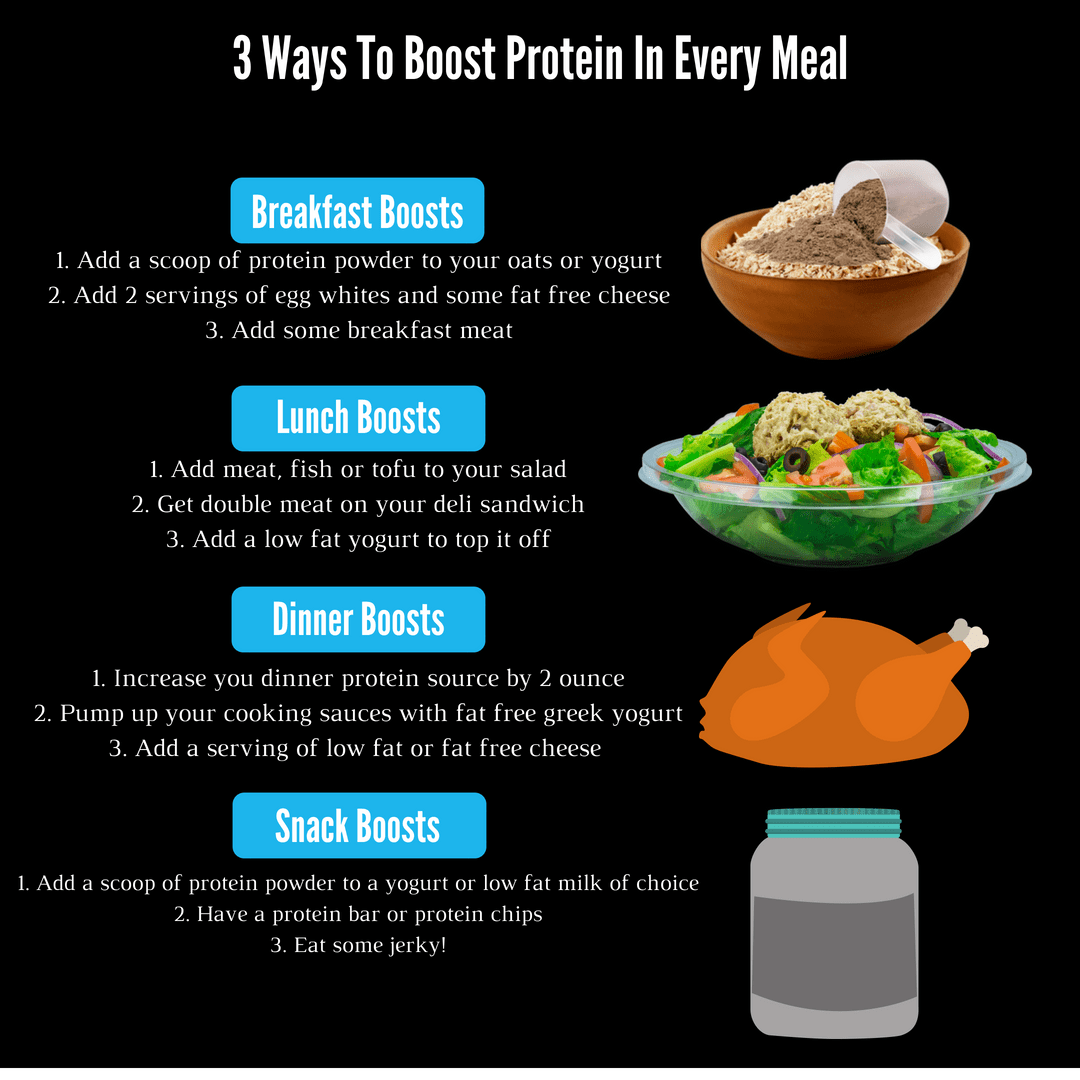
Understanding Protein and Calories
What is Protein?
Protein is one of the three macronutrients your body needs to function properly, along with fats and carbohydrates. Made up of amino acids, proteins play a crucial role in building and repairing tissues, supporting immune function, and producing enzymes and hormones. You can find protein in various sources, including meat, poultry, fish, eggs, dairy products, legumes, and nuts.
What are Calories?
Calories are a measure of energy provided by food. Your body needs a certain number of calories to maintain basic functions, such as breathing, digestion, and physical activity. This is often referred to as your Total Daily Energy Expenditure (TDEE). Consuming too few calories can lead to an energy deficit, which might affect your body’s overall performance.
Finding the Right Balance
How Much Protein Do You Need?
The recommended dietary allowance (RDA) for protein is about 0.8 grams per kilogram of body weight for the average adult. However, if you’re active or trying to gain muscle, your protein needs might increase—sometimes up to 1.6–2.2 grams per kilogram. To determine your ideal protein intake, consider your lifestyle, activity level, and goals.
What Makes Up a Balanced Diet?
A balanced diet typically consists of carbohydrates, fats, and proteins in the right proportions. While protein is essential for muscle health, carbs provide energy, and fats support cell function and hormone production. Ignoring or minimizing any one of these macronutrients can lead to potential health issues.
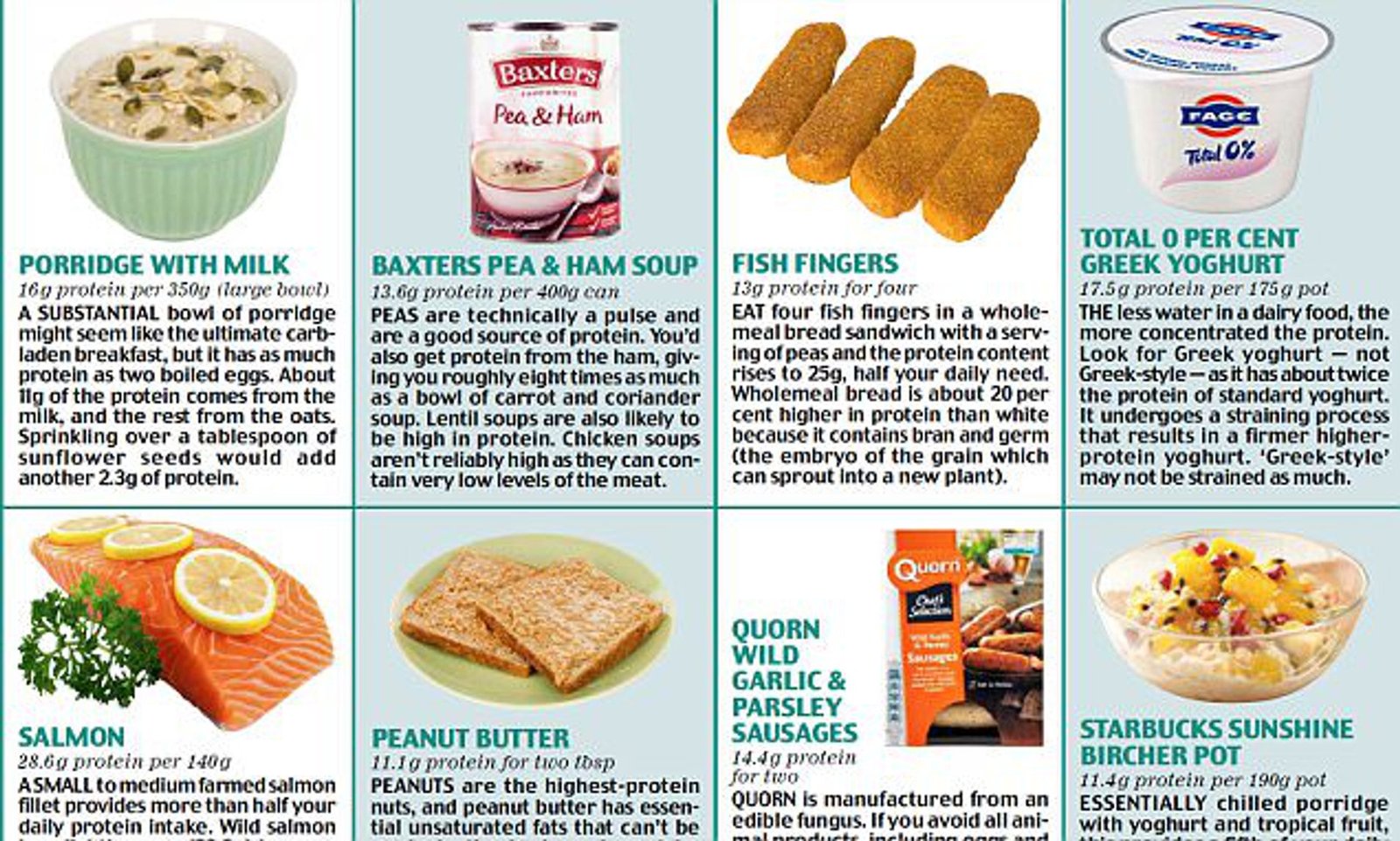
What Happens When You Overemphasize Protein?
1. Excess Protein and Caloric Deficiency
When you consume too much protein but not enough calories, your body may not receive the energy it needs to function optimally. This energy deficit can lead to fatigue, weakness, and decreased physical performance over time.
2. Possible Muscle Loss
While protein is essential for muscle preservation and growth, a significant caloric deficit can have the opposite effect. If your body doesn’t get enough calories, it may begin breaking down muscle tissue for energy, particularly if other macronutrients are lacking.
3. Nutritional Deficiencies
Focusing heavily on protein at the expense of other food groups can lead to deficiencies in vital nutrients. Fiber, vitamins, and minerals found in fruits, vegetables, and whole grains are crucial for overall health. A lack of these nutrients can lead to various health issues, including digestive problems and weakened immunity.
The Risks of Too Much Protein
1. Kidney Strain
If you’re consuming an excessive amount of protein, your kidneys may work harder to filter out the byproducts of protein metabolism. While most healthy individuals can handle a higher protein intake, those with pre-existing kidney conditions should be cautious about their protein consumption.
2. Dehydration
High protein diets often lead to increased urination, as your body needs more water to eliminate the excess nitrogen produced during protein metabolism. While hydration is essential for overall health, consuming too much protein without sufficient fluid intake can lead to dehydration.
3. Potential Weight Gain
Even if you think you’re eating a low-calorie diet, consuming too much protein can contribute to calorie excess. Some protein sources are high in fat or added sugars, which can increase your overall caloric intake and potentially lead to weight gain.
4. Gastrointestinal Issues
Eating large amounts of protein can sometimes lead to digestive discomfort, bloating, or constipation, particularly if your diet is low in fiber. Ensuring a balanced intake of all macronutrients, including adequate fiber from fruits and vegetables, can help maintain digestive health.
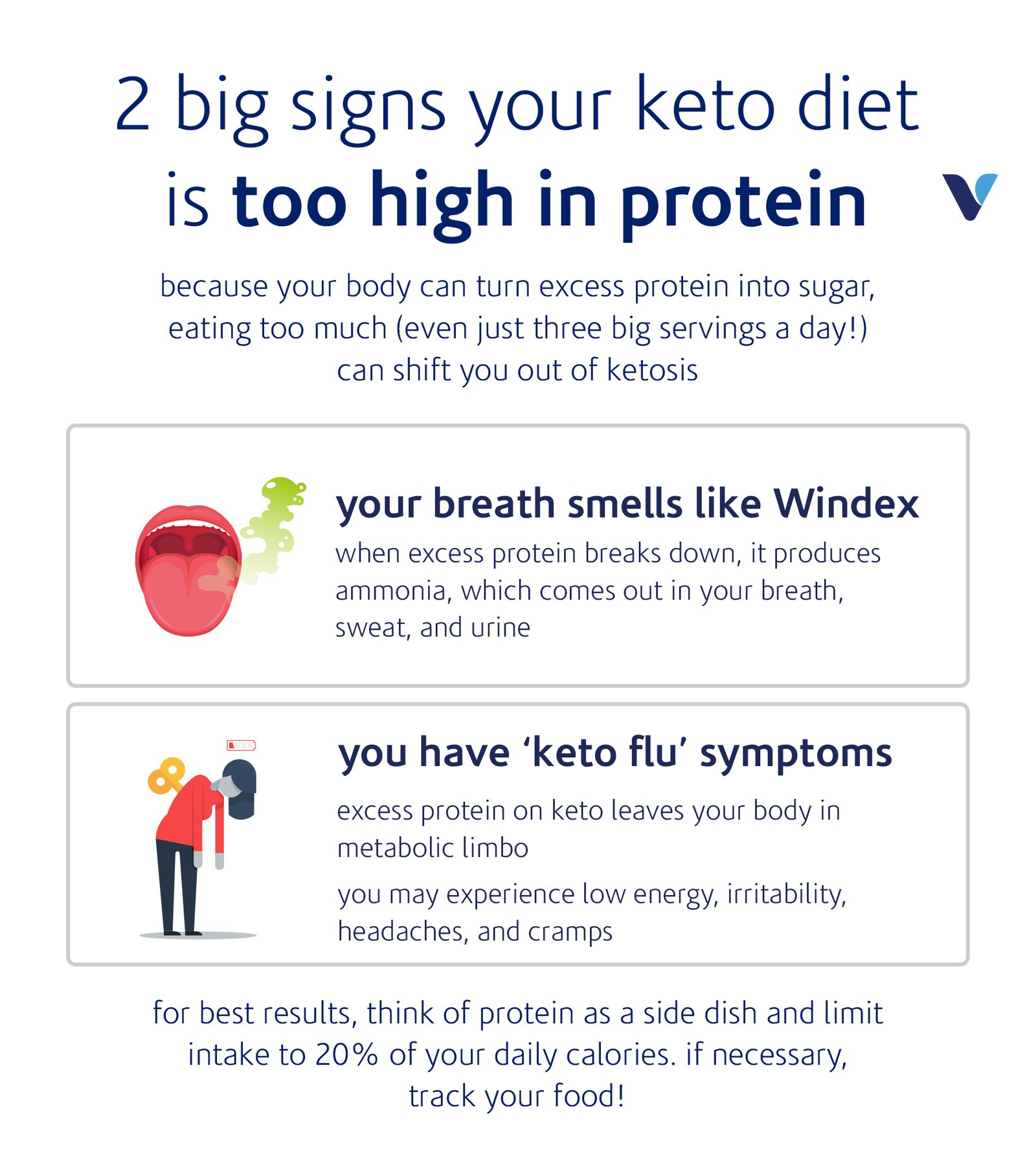
Signs You May Be Overdoing Protein
1. Persistent Fatigue
If you’re feeling unusually tired and lacking energy, it could be a result of not consuming enough calories. Protein is essential, but it should be part of a balanced intake to provide the energy necessary for your daily activities.
2. Changes in Digestive Health
You may experience gastrointestinal distress, such as bloating, gas, or constipation, if you aren’t getting enough fiber or other nutrients. If your diet lacks variety, your digestive system may respond negatively.
3. Unintended Weight Loss
If you see a drop in weight without trying, it could signal that you’re not consuming enough calories. Unintended weight loss could indicate that your body is breaking down muscle for energy due to inadequate calorie intake.
How to Balance Your Protein Intake
1. Track Your Nutrient Intake
Consider using a food diary or nutrition tracking app to monitor your macronutrient intake. By keeping track of protein, carbs, and fats consumed, you can identify any dietary imbalances.
2. Incorporate a Variety of Foods
Rather than heavily relying on protein sources alone, diversify your diet. Include a mix of vegetables, fruits, whole grains, and healthy fats to ensure a well-rounded nutrient intake.
3. Adjust Portions Gradually
If you find yourself consuming excessive protein, try adjusting your portions gradually. Slowly replacing some protein-rich foods with nutrient-dense carbohydrates and healthy fats can help restore balance without making drastic changes.
4. Consult with a Professional
If you’re unsure of your dietary needs or are considering a significant dietary change, consulting with a registered dietitian or nutritionist can help. They can provide personalized guidance, ensuring you meet your nutritional needs without compromising your health.
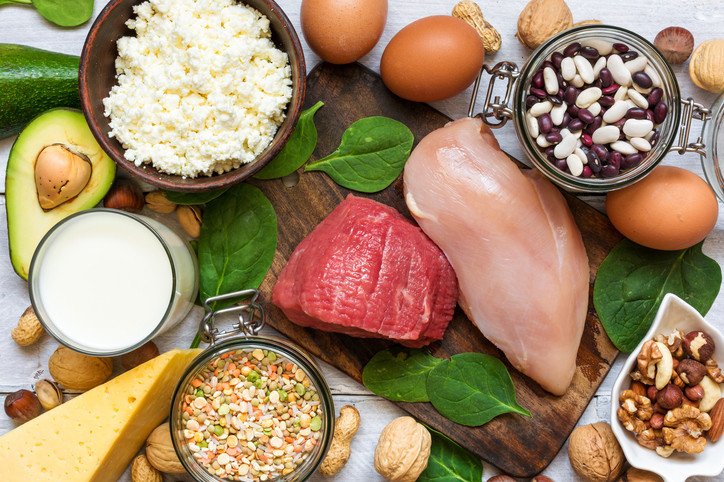
Conclusion: Finding Your Dietary Sweet Spot
Achieving a balanced diet is crucial for maintaining overall health and wellness. While protein is indeed necessary for your bodily functions, striking the right balance between protein and caloric intake ensures you receive the energy and nutrients required to thrive. Ultimately, listening to your body, adjusting your intake based on your activity level, and seeking professional guidance can lead to a healthier, happier you. So, the next time you’re considering how much protein to include in your diet, remember that balance is key. It’s not just about protein; it’s about a well-rounded approach to nutrition.